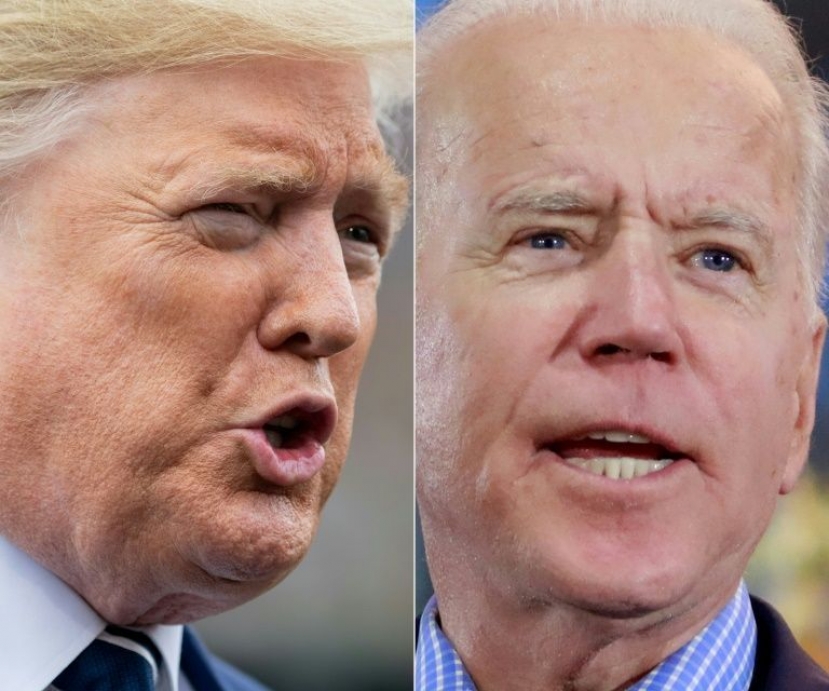'Chinese government-linked' hackers recently attempted to break into presumptive Democratic presidential candidate Joe Biden's campaign staff email accounts, while 'Iranian government-linked' hackers attempted to do the same against Trump campaign staff, Google Threat Analysis Group chief Shane Huntley has announced.
The attacks are said to have used phishing tactics, with "no sign of compromise" to report. according to Huntley.
The cybersecurity czar urged staffers from both campaign to "use the best protection you can," recommending "two factor authentication or Advanced Protection," which he suggested "really can make a difference."
Huntley also indicated that the groups' alleged links to the Chinese and Iranian governments were confirmed by their identifiers, 'APT31', which Malpedia classifies as a 'Chinese government'-connected phishing operation said to ordinarily specialize in intellectual property theft, and 'APT35', a "threat group sponsored by the Iranian government" which works to "conduct long term, resource-intensive operations to collect strategic intelligence."
Chinese and Iranian authorities have yet to comment on Google's claims.
The allegations are reminiscent of the long-since debunked 'Russia hacking' claims pushed by Hillary Clinton in the run-up and aftermath of the 2016 presidential race. President Trump and the Republicans have since attributed the hacking conspiracy to a Ukraine-linked cybersecurity company, with Trump's request for a probe into the issue by Kiev becoming the focal point of the recent impeachment inquiry and trial against him in Congress. To date, the identity of the Democratic Party server hackers has yet to be established.
Last year, Finnish cybersecurity analyst Petri Krohn explained to Sputnik that "cyber attribution or using forensic methods to establish the origin of cyberattacks and operations is extremely difficult" owing to the ease with which intelligence services can "hide their tracks and make it seem like the attack is the work of their opponent."

